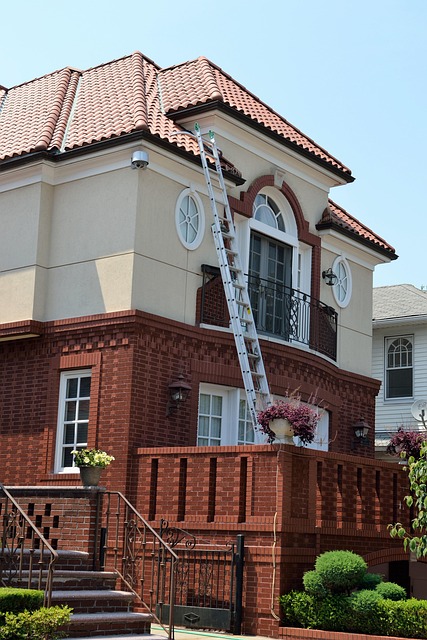Understanding repair rights in real estate is crucial for both homeowners and tenants, empowering effective communication and negotiation. By clearly defining repair needs, documenting scope and urgency, maintaining respectful tones, and fostering open dialogue, professionals can achieve win-win outcomes. This collaborative approach benefits property owners and service providers, building trust, addressing concerns, offering alternatives, and ensuring ongoing satisfaction.
In the dynamic realm of real estate, understanding your repair rights is crucial for maximizing property value and ensuring a comfortable living environment. This article explores negotiation leverage for repair requests, empowering folks to navigate complex situations effectively. From grasping your entitlements to employing strategic communication and negotiating tactics, you’ll discover proven methods to secure win-win outcomes. By mastering these skills, you can transform pesky repairs into opportunities for enhancing your real estate experience.
Understanding Your Repair Rights in Real Estate

In the realm of real estate, understanding your repair rights is a crucial aspect of being an informed homeowner or tenant. Every jurisdiction has laws in place to protect tenants and homeowners from unfair treatment during property transactions, especially when it comes to repairs. It’s essential to know what repairs are the landlord’s responsibility and which ones fall under your upkeep. This knowledge provides you with negotiation leverage when presenting repair requests.
By familiarizing yourself with local real estate regulations, you can effectively communicate your needs during discussions with landlords or property managers. For instance, many areas mandate that landlords fix structural issues, unsafe conditions, and major appliances, while minor maintenance tasks are often the tenant’s responsibility. This understanding allows you to prioritize and present well-founded repair requests, potentially securing necessary improvements to your living space.
Building Leverage: Effective Communication Strategies

In the competitive landscape of real estate, understanding negotiation leverage is paramount for managing repair requests. Building strong leverage starts with effective communication strategies. When initiating a repair discussion with a client or vendor, clearly articulate the scope and urgency of the required work, backing up these points with thorough documentation—photographs, detailed reports, and relevant legal clauses from the initial purchase agreement or service contract.
This foundation allows you to present a compelling case, demonstrating both the need for immediate action and your familiarity with the property’s maintenance history. Moreover, maintaining a respectful and collaborative tone throughout the negotiation fosters a positive relationship, encouraging open dialogue and mutually beneficial solutions. By combining thorough preparation and empathetic communication, professionals in real estate can navigate repair requests with confidence, ensuring satisfactory outcomes for all parties involved.
Negotiation Tactics for Win-Win Outcomes in Property Repairs

When negotiating repair requests, especially in the real estate sector, both property owners and service providers can benefit from a win-win approach. This strategy involves finding mutually agreeable solutions that cater to the needs of each party involved. One effective tactic is open communication; clear dialogue ensures all concerns are addressed and helps build trust. Property owners should articulate their expectations and budget constraints while listening to the contractor’s perspective on feasibility and costs.
Additionally, being flexible and considering alternative solutions can lead to better outcomes. For instance, owners might accept slightly longer turnaround times for repairs if it means securing a more affordable price or using eco-friendly materials. Contractors, in turn, can offer discounts for long-term maintenance contracts or provide references to past satisfied clients as leverage. This collaborative approach fosters a positive relationship, ensuring ongoing satisfaction and successful property management in the real estate industry.






